MULTICULTURAL
GOOD MORNING · DZIEŃ DOBRY · BONJOUR · BUENOS DIAS · ДОБРОЕ УТРО · GOD MORGON · नमस्कार · BONAN MATENON
Do you work in a place where you are in contact with people from other parts of the world? Maybe you work with them? If so, you will surely find that finding a common language is more than just putting together the right words. The ability to communicate and interact with people from other cultures is a special competence. It requires openness to other ways of thinking, empathy and understanding of cultural differences.
With transportation and communication improving, business relationships between the most remote corners of the world have become an everyday reality. Outsourcing, virtual team management, and working from home are just some of the current solutions resulting in more productive work. They are all connected to working with people who we would not meet in other situations. When starting cooperation with foreigners, we assume that on both sides of the transaction there are people with similar expectations, having the same values, thinking and communicating just as we do. In reality however, the places we were brought up in enormously define our values, behaviors, approach to other people, and even an understanding of time. Something which is obvious for one side, may not have even ever been considered by the other.
By working within our own small community or with neighboring countries, we usually meet with people who think like us. Yet even those raised in the same place but in different times differ in their sense of duty, life priorities, and have different views to those in power. People living in other cultural circles, in countries with different histories, socio-political situations, exposed to other information, language and art, are programmed differently through the lives they live.
A person is exposed to culture from the first days of their life. The perception of the world begins to be conditioned by way of their upbringing, the beliefs of their parents passed down from generation to generation, the heritage of the country and the surrounding symbols. From childhood, we grow up in a cocoon of our own culture and we are not aware of our own eccentricity until we meet people who think and behave differently, drenched in another culture.
Exposure to different cultures broadens our horizons, inspires curiosity and allows us to perceive and interpret the world with new possibilities, and even at a certain point allows us to make conscious choices of our own values and behavior. Understanding the foundations of social, psychological and cultural components can help us build an understanding with people who think and communicate differently from us. How can you improve your competence and start “reading” other cultures?












